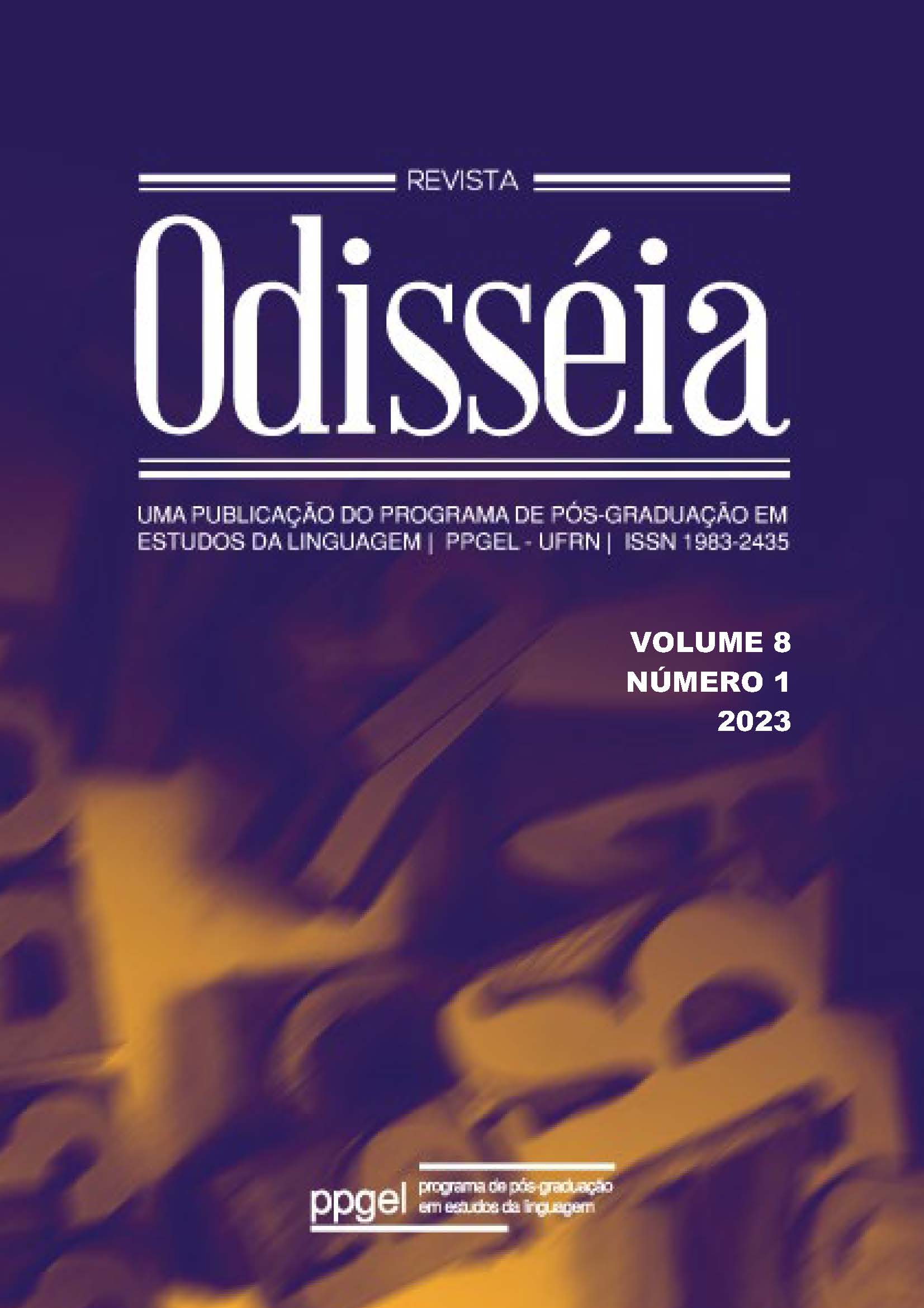A necessidade e os paradoxos da linguística integral
DOI :
https://doi.org/10.21680/1983-2435.2023v8n1ID30550Mots-clés :
Desintegração, Historicidade, Individualidade, Integração, Objetos da Linguística, Problemas da LinguísticaRésumé
A ideia de uma “linguística integral” de Coseriu precisa de uma reflexão profunda, pois engloba dois objetivos diferentes e parcialmente incompatíveis: neutralizar a extrema fragmentação da pesquisa linguística moderna através da reflexão filosófica sobre a verdadeira natureza da “linguagem”, e propor uma maneira coerente de abordar a pesquisa linguística sem a fragmentação causada pela diversidade dos objetos constituídos pelos linguistas e pelas escolas linguísticas. Nenhuma nova teoria positiva do conjunto da linguagem poderia superar esta desintegração. Os esforços de Coseriu para ampliar o escopo para incluir os fatos linguísticos devem ser submetidos a uma radical reflexão cética sobre a possibilidade desta teoria positiva geral, baseada no fato de que o “falar concreto” não é o mero uso de um sistema virtual, mas uma criação contínua de sentido por indivíduos, e no fato de que a linguística em si é este “falar concreto”: individual, histórica, difusa. Coseriu não apresentou nenhuma teoria geral da linguagem, mas foi o exemplo vivo de uma personalidade individual rica e abrangente, que abordou a linguagem a partir de uma atitude crítica em relação às categorias e aos métodos herdados.
Téléchargements
Téléchargements
Publié-e
Comment citer
Numéro
Rubrique
Licence
© Revue Odisseia 2023

Cette œuvre est sous licence Creative Commons Attribution - Pas d'Utilisation Commerciale - Partage dans les Mêmes Conditions 4.0 International.

Este trabalho foi licenciado com uma Licença http://creativecommons.org/licenses/by-nc-sa/4.0

















